
For a better and faster shopping experience, download app
Unkown
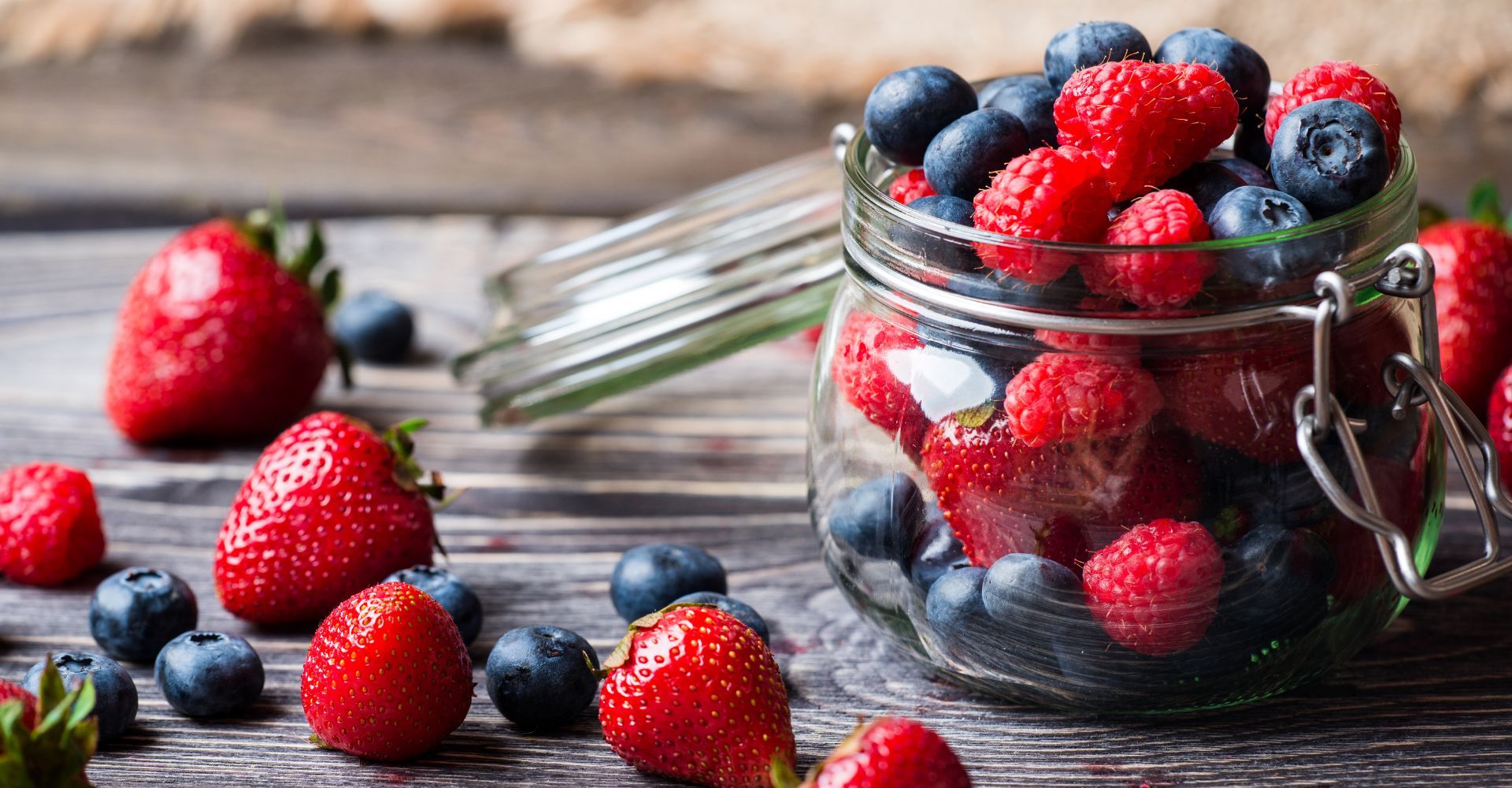
15 PCOS-Friendly Fruits & Veggies That Support Hormonal Balance
Introduction: Why Diet Matters for PCOS Management
Polycystic Ovary Syndrome (PCOS) affects approximately 1 in 10 women of reproductive age, making it one of the most common hormonal disorders worldwide. This complex condition is characterized by insulin resistance, hormonal imbalances, and inflammation—all of which can be significantly influenced by dietary choices.
For those managing PCOS, incorporating the right fruits and vegetables isn't just helpful—it's essential. These nutrient-dense foods can help regulate blood sugar, reduce inflammation, and support hormonal balance, addressing the core mechanisms that drive PCOS symptoms.
In this comprehensive guide, we'll explore the most effective fruits and vegetables for PCOS management, backed by scientific research and nutritional expertise. Whether you're newly diagnosed or looking to optimize your existing PCOS management plan, these powerful plant foods can help you take control of your symptoms naturally.
Understanding PCOS and the Role of Nutrition
Before diving into specific recommendations, it's important to understand why certain fruits and vegetables are particularly beneficial for PCOS. The condition typically involves:
- Insulin resistance: Many women with PCOS have cells that don't respond properly to insulin, leading to higher blood sugar levels and increased insulin production
- Hormonal imbalances: Elevated androgens (male hormones) and disrupted estrogen/progesterone balance
- Chronic inflammation: Persistent low-grade inflammation throughout the body
- Oxidative stress: An imbalance between free radicals and antioxidants in the body
The right fruits and vegetables can target these underlying issues through specific nutrients, fiber content, and natural compounds that support hormonal health.
Top Fruits for PCOS Management
1. Berries: The Antioxidant Powerhouses
Why they work: Berries—including strawberries, blueberries, raspberries, and blackberries—are packed with antioxidants called anthocyanins that combat oxidative stress and inflammation, two key drivers of PCOS symptoms. Their low glycemic index also means they won't spike blood sugar levels.
Research highlight: A 2020 study published in the Journal of Nutritional Biochemistry found that women who consumed berries regularly showed reduced insulin resistance and lower inflammatory markers compared to those who didn't.
How to include them: Add 1/2 cup of mixed berries to your morning oatmeal, blend into smoothies, or enjoy as a naturally sweet dessert topped with a dollop of Greek yogurt.
2. Green Apples: The Fiber-Rich Option
Why they work: Green apples contain pectin, a soluble fiber that slows digestion and helps regulate blood sugar levels. They also have a lower sugar content compared to red apple varieties, making them ideal for insulin-resistant PCOS.
Research highlight: Research published in the Archives of Gynecology and Obstetrics suggests that increasing soluble fiber intake significantly improves insulin sensitivity in women with PCOS.
How to include them: Slice and pair with a tablespoon of almond butter for a satisfying snack, or add thin slices to salads for a crisp texture.
3. Cherries: The Natural Anti-Inflammatory
Why they work: Cherries contain compounds called anthocyanins and cyanidin that have been shown to reduce inflammation and oxidative stress. Their moderate glycemic index makes them suitable for women with PCOS when consumed in appropriate portions.
Research highlight: A study in the Journal of Nutrition found that regular cherry consumption led to reduced inflammatory markers in the blood, potentially benefiting those with PCOS-related inflammation.
How to include them: Enjoy a small handful (about 15 cherries) as a snack, add to overnight oats, or freeze for a refreshing summer treat.
4. Pears: The Androgen Balancer
Why they work: Pears are rich in a specific type of flavonoid that may help reduce androgen levels, addressing one of the core hormonal imbalances in PCOS. Their high fiber content also supports blood sugar regulation.
Research highlight: Research in the European Journal of Clinical Nutrition suggests that the unique fiber composition in pears contributes to improved insulin sensitivity.
How to include them: Eat whole with the skin on for maximum fiber benefit, add slices to salads, or poach with cinnamon for a warming dessert.
5. Guava: The Vitamin C Superstar
Why they work: Guava contains more vitamin C than oranges, which supports adrenal function and stress management—crucial for women with PCOS who often experience HPA axis dysregulation (the body's stress response system).
Research highlight: Studies show that vitamin C can help reduce oxidative stress in polycystic ovaries and may improve ovulation rates in some women with PCOS.
How to include them: Slice and eat fresh, add to tropical smoothies, or incorporate into salsa for a nutrient boost.
6. Kiwi: The Gut Health Promoter
Why they work: Kiwis contain actinidin, an enzyme that aids digestion, along with prebiotic fiber that supports gut health. Emerging research suggests that gut microbiome imbalances may contribute to PCOS, making kiwi a valuable addition.
Research highlight: A 2019 study in Nutrients journal found that regular kiwi consumption improved overall gut health markers and reduced inflammatory cytokines.
How to include them: Slice and add to breakfast bowls, blend into green smoothies, or simply eat whole (yes, the skin is edible and nutrient-rich!).
7. Lemons and Limes: The Detoxification Helpers
Why they work: These citrus fruits support liver function, which is essential for hormone metabolism and detoxification. The liver processes and eliminates excess hormones, including androgens that can drive PCOS symptoms.
Research highlight: Research published in the Journal of Medicinal Food suggests that citrus flavonoids may improve insulin sensitivity and reduce oxidative stress.
How to include them: Squeeze fresh juice into warm water for a morning detox drink, use as salad dressing base, or add zest to dishes for flavor without sugar.
Top Vegetables for PCOS Management
1. Leafy Greens: The Mineral Magicians
Why they work: Spinach, kale, Swiss chard, and other leafy greens are rich in magnesium, a mineral that improves insulin sensitivity. They also contain B vitamins that support hormone production and metabolism.
Research highlight: A study in the Journal of the Academy of Nutrition and Dietetics found that women who consumed more leafy greens had better glucose metabolism and lower inflammation markers.
How to include them: Aim for 2-3 cups daily through salads, smoothies, sautéed as side dishes, or added to soups and stews.
2. Cruciferous Vegetables: The Estrogen Regulators
Why they work: Broccoli, cauliflower, Brussels sprouts, and cabbage contain compounds that support healthy estrogen metabolism, addressing hormonal imbalances common in PCOS. They also provide indole-3-carbinol, which has been shown to reduce testosterone levels.
Research highlight: Research in the Journal of Functional Foods demonstrates that sulforaphane from cruciferous vegetables activates detoxification pathways that help process and eliminate excess hormones.
How to include them: Steam or roast 1-2 cups several times weekly, add to stir-fries, or pulse raw cauliflower in a food processor to create low-carb rice alternatives.
3. Sweet Potatoes: The Complex Carb Choice
Why they work: Unlike simple carbohydrates that spike blood sugar, sweet potatoes provide complex carbs that digest slowly, supporting steady blood glucose levels. They're also rich in chromium, which enhances insulin sensitivity.
Research highlight: Studies show that replacing refined carbohydrates with complex sources like sweet potatoes significantly improves insulin resistance markers in women with PCOS.
How to include them: Bake, roast, or steam in 1/2 cup servings as a side dish, or use as a base for PCOS-friendly toast alternatives.
4. Bell Peppers: The Vitamin Powerhouses
Why they work: All colors of bell peppers are packed with vitamin C and antioxidants that combat inflammation. Their high water content and fiber also contribute to satiety without blood sugar impact.
Research highlight: Research in the British Journal of Nutrition indicates that the unique combination of vitamins and carotenoids in bell peppers provides significant anti-inflammatory benefits.
How to include them: Slice raw for dipping, stuff with protein-rich fillings for meals, or roast and add to salads and grain bowls.
5. Garlic and Onions: The Anti-Inflammatory Alliums
Why they work: These flavorful vegetables contain allicin and quercetin, compounds that have been shown to reduce inflammation and potentially improve insulin resistance. They also support cardiovascular health, which is crucial for women with PCOS who face increased heart disease risk.
Research highlight: Multiple studies have demonstrated that allium vegetables improve glucose tolerance and insulin response, directly addressing a core PCOS issue.
How to include them: Use as a flavor base for most cooked dishes, roast whole garlic heads for a mellower flavor, or include raw onions in salads and salsas.
6. Carrots: The Beta-Carotene Source
Why they work: Carrots provide beta-carotene that converts to vitamin A in the body, supporting thyroid function and hormone production—both often compromised in PCOS. Their fiber content also supports blood sugar regulation.
Research highlight: A study published in Reproductive Sciences found that vitamin A derivatives play a role in ovarian follicle development, which may benefit women with PCOS-related fertility challenges.
How to include them: Enjoy raw as snacks, grate into slaws, roast with herbs, or juice with anti-inflammatory ingredients like ginger.
7. Zucchini: The Versatile Low-Carb Options
Why they work: Zucchini is extremely low in carbohydrates while providing substantial fiber, making them ideal for insulin-resistant PCOS. They also deliver potassium and B vitamins that support adrenal function.
How to include them: Spiralize as pasta alternatives, add to stir-fries, grill as side dishes, or shred and incorporate into fritters and baked goods.
8. Tomatoes: The Lycopene-Rich Inflammation Fighters
Why they work: Tomatoes contain lycopene, a powerful antioxidant that reduces systemic inflammation. The connection between inflammation and insulin resistance makes tomatoes particularly valuable for PCOS management.
Research highlight: Studies show that lycopene accumulates in ovarian tissue and may help protect follicles from oxidative damage, potentially benefiting ovulation in women with PCOS.
How to include them: Use in sauces, add to salads, roast with herbs, or enjoy as sugar-free salsa with vegetable dips.
Creating a PCOS-Friendly Eating Plan
Sample Daily Menu
Breakfast:
- Spinach and bell pepper omelet
- 1/2 cup mixed berries
- Green tea
Lunch:
- Large salad with leafy greens, cherry tomatoes, and roasted sweet potatoes
- Protein of choice (wild-caught salmon, organic chicken, or lentils)
- Olive oil and lemon dressing
Snack:
- Green apple with 1 tablespoon almond butter
- Small handful of walnuts
Dinner:
- Roasted cruciferous vegetable medley (broccoli, cauliflower, Brussels sprouts)
- Zucchini noodles with garlic and onion tomato sauce
- Protein of choice
Evening Snack:
- Kiwi slices with a small dollop of unsweetened Greek yogurt
Meal Planning Tips for PCOS
- Focus on balance: Include protein, healthy fat, and fiber with each meal to stabilize blood sugar
- Practice portion awareness: Even healthy foods should be consumed in appropriate amounts
- Consider timing: Some research suggests that intermittent fasting patterns may benefit PCOS, but consult your healthcare provider first
- Hydrate properly: Drink plenty of water, herbal teas, and infusions to support detoxification
- Think beyond food: Remember that stress management, sleep quality, and exercise also impact PCOS symptoms
Beyond Diet: Complementary Approaches
While fruits and vegetables form the foundation of a PCOS-friendly diet, consider these additional strategies:
- Regular physical activity: Combining strength training and moderate cardio appears most effective for PCOS
- Stress management: Chronic stress exacerbates insulin resistance and hormonal imbalances
- Environmental considerations: Reducing exposure to endocrine-disrupting chemicals may support hormonal health
Conclusion: Empowered Eating for PCOS Management
The fruits and vegetables outlined in this guide offer powerful natural support for women with PCOS. By strategically incorporating these foods into your daily diet, you can address the root causes of PCOS—insulin resistance, inflammation, and hormonal imbalances—rather than just managing symptoms.
Remember that dietary changes take time to show results. Consistency is key, and working with healthcare providers who understand the nutritional aspects of PCOS can provide personalized guidance for your unique situation.
With the right nutritional approach, many women experience significant improvements in their PCOS symptoms, from more regular cycles to better energy, clearer skin, and improved fertility. The power of food as medicine shines particularly bright when it comes to managing this complex hormonal condition.
FAQs About Fruits and Vegetables for PCOS
Q: Are all fruits safe for women with PCOS? A: While fruits offer valuable nutrients, women with severe insulin resistance may need to moderate intake of higher-sugar fruits like bananas, grapes, and mangoes. Focus on berries, green apples, and other lower-glycemic options.
Q: How quickly can dietary changes improve PCOS symptoms? A: Some women notice improvements in energy and cravings within weeks, while hormonal changes typically take 3-6 months to become noticeable. Patience and consistency are essential.
Q: Should I completely avoid carbohydrates with PCOS? A: No, but choosing the right carbohydrate sources matters tremendously. The complex carbs in vegetables like sweet potatoes are beneficial, while refined carbs and sugars can worsen insulin resistance.
Q: Can a plant-based diet help with PCOS? A: Many women find success with plant-focused eating patterns, though some may benefit from including quality animal proteins. The emphasis should be on whole, unprocessed foods regardless of whether you include animal products.
Q: Are there fruits or vegetables I should absolutely avoid with PCOS? A: Rather than focusing on avoidance, concentrate on including the most beneficial options. However, starchy vegetables like white potatoes may be better consumed in moderation for some women with significant insulin resistance.
Plump, deep blue with a succulent & sweet-tart taste
- 125 Gm
- 2x (125 Gms)
₹347
₹269
Fresh, crunchy, bright greenish skin, juicy & Imported Apples
- 2 Pcs (250-300 Gms)
- 4 Pcs (500-600 Gms)
₹135
Vibrant green color, smooth and firm, delivers a refreshing, slightly crisp texture with a sweet-tart flavor
- 4 Pcs (550-650 Gms)
- 2 Pcs (275-325 Gms)
₹242
₹194
Vibrant green & tender leaves with a crisp texture that delivers mildly sweet and earthy flavor
- 250 Gm
- 500 Gms
- 1 Kg
₹49
₹40
Vibrant green color & smooth skin with a crisp texture and mild to bitter in taste
- 250 Gms (2-3 pcs)
- 500 Gms (4-5 pcs)
₹43
₹28
Dried garlic bulbs: white cloves, strong pungent taste, and aroma
- 100 Gms
- 250 Gms
- 500 Gms
₹39
₹34
Shiny orange color and conical shape with a distinct earthy flavor
- 250 Gms (4-5 pcs)
- 500 Gms (9-10 pcs)
₹36






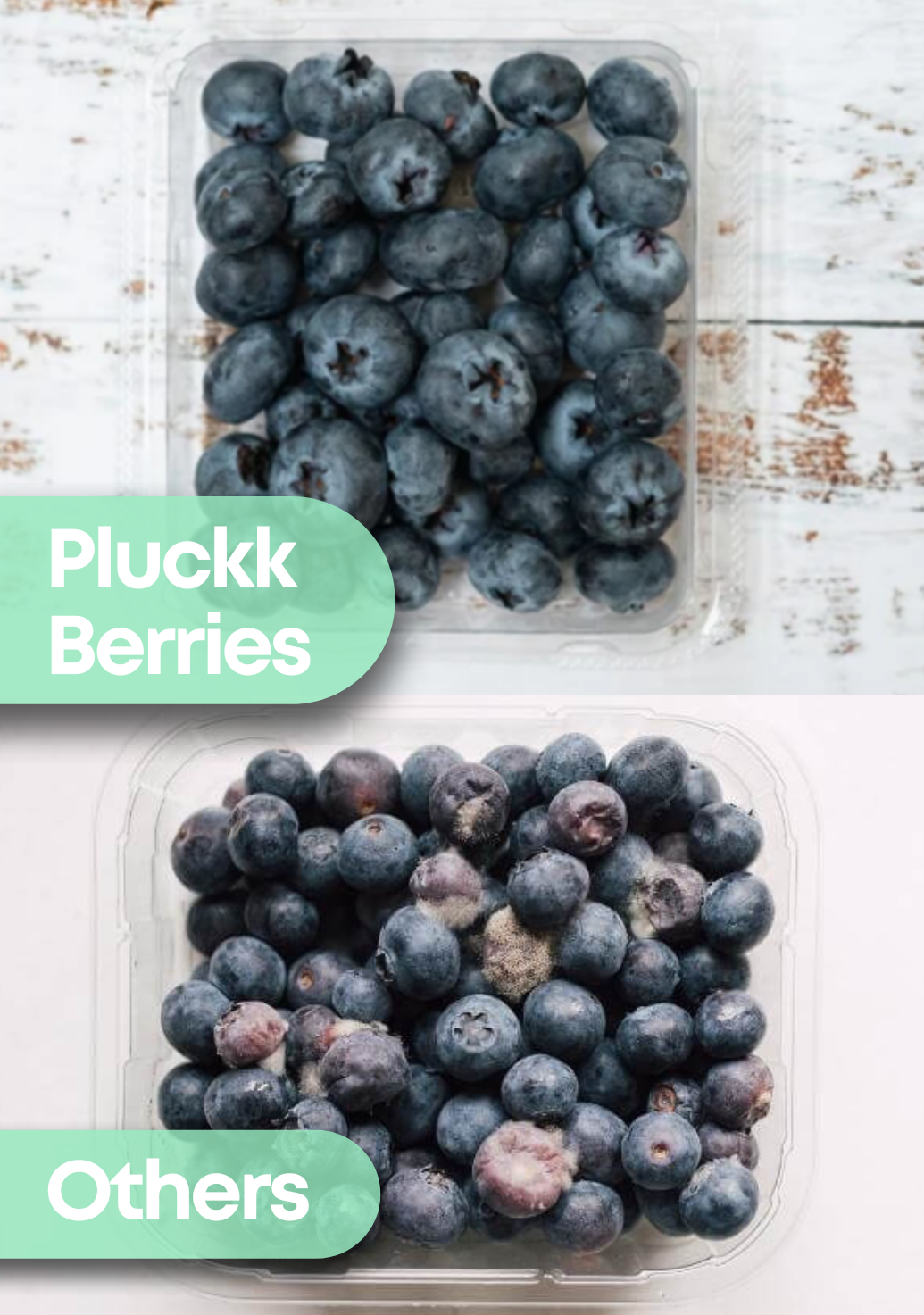
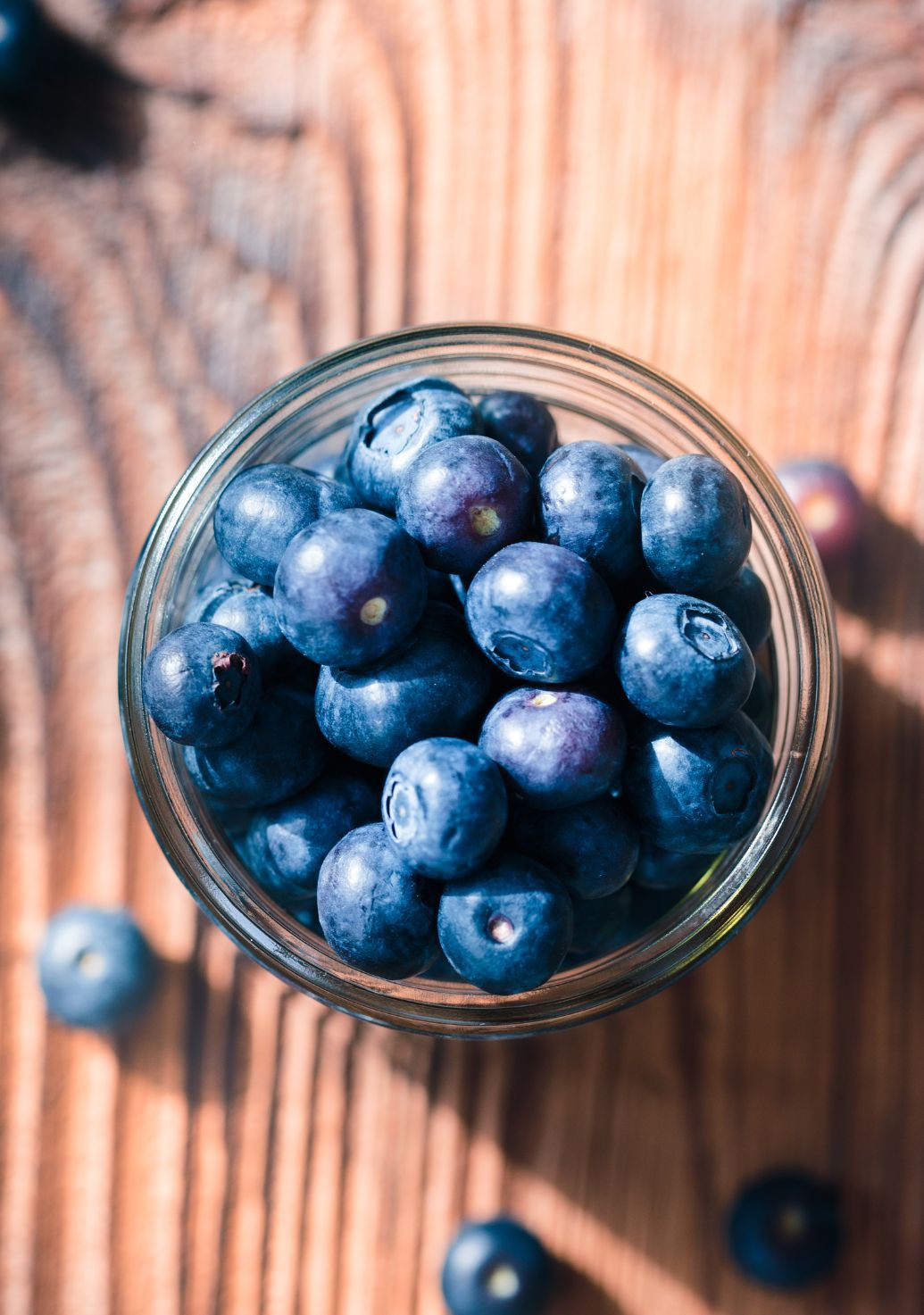
![Apple Granny Smith [Imported]img 1 Apple Granny Smith [Imported]img 1](https://im.pluckk.in/unsafe/1035x0/uploads/25401-vertical-images-sku-5.jpg)
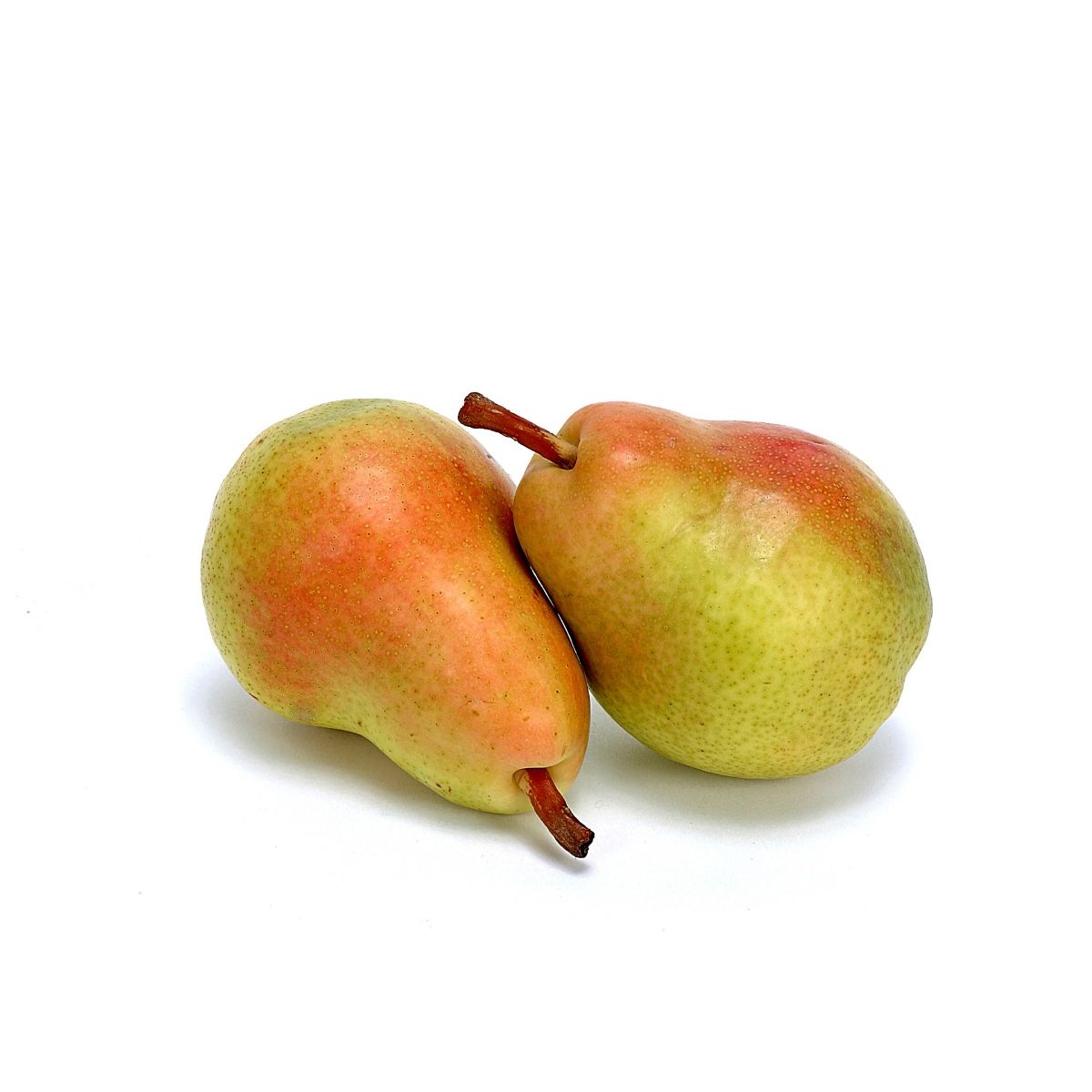
![Pear Green [Imported]img 3 Pear Green [Imported]img 3](https://im.pluckk.in/unsafe/1053x0/uploads/new_sku_designs_v3/242621275AH/3.jpg)
![Pear Green [Imported]img 1 Pear Green [Imported]img 1](https://im.pluckk.in/unsafe/1053x0/uploads/new_sku_designs_v3/242621275AH/1.jpg)
![Pear Green [Imported]img 2 Pear Green [Imported]img 2](https://im.pluckk.in/unsafe/1053x0/uploads/new_sku_designs_v3/242621275AH/2.jpg)
![Guava Thai [Indian]img 1 Guava Thai [Indian]img 1](https://im.pluckk.in/unsafe/1053x0/uploads/new_sku_designs_v3/231211215AG/1.jpg)
![Kiwi Green [Imported]img 4 Kiwi Green [Imported]img 4](https://im.pluckk.in/unsafe/1053x0/uploads/new_sku_designs_v3/242221220AF/4.jpg)
![Kiwi Green [Imported]img 1 Kiwi Green [Imported]img 1](https://im.pluckk.in/unsafe/1053x0/uploads/new_sku_designs_v3/242221220AF/1.jpg)
![Kiwi Green [Imported]img 5 Kiwi Green [Imported]img 5](https://im.pluckk.in/unsafe/1035x0/uploads/27814-vertical-images-sku-48.jpg)
![Kiwi Green [Imported]img 2 Kiwi Green [Imported]img 2](https://im.pluckk.in/unsafe/1053x0/uploads/new_sku_designs_v3/242221220AF/2.jpg)
![Kiwi Green [Imported]img 3 Kiwi Green [Imported]img 3](https://im.pluckk.in/unsafe/1053x0/uploads/new_sku_designs_v3/242221220AF/3.jpg)
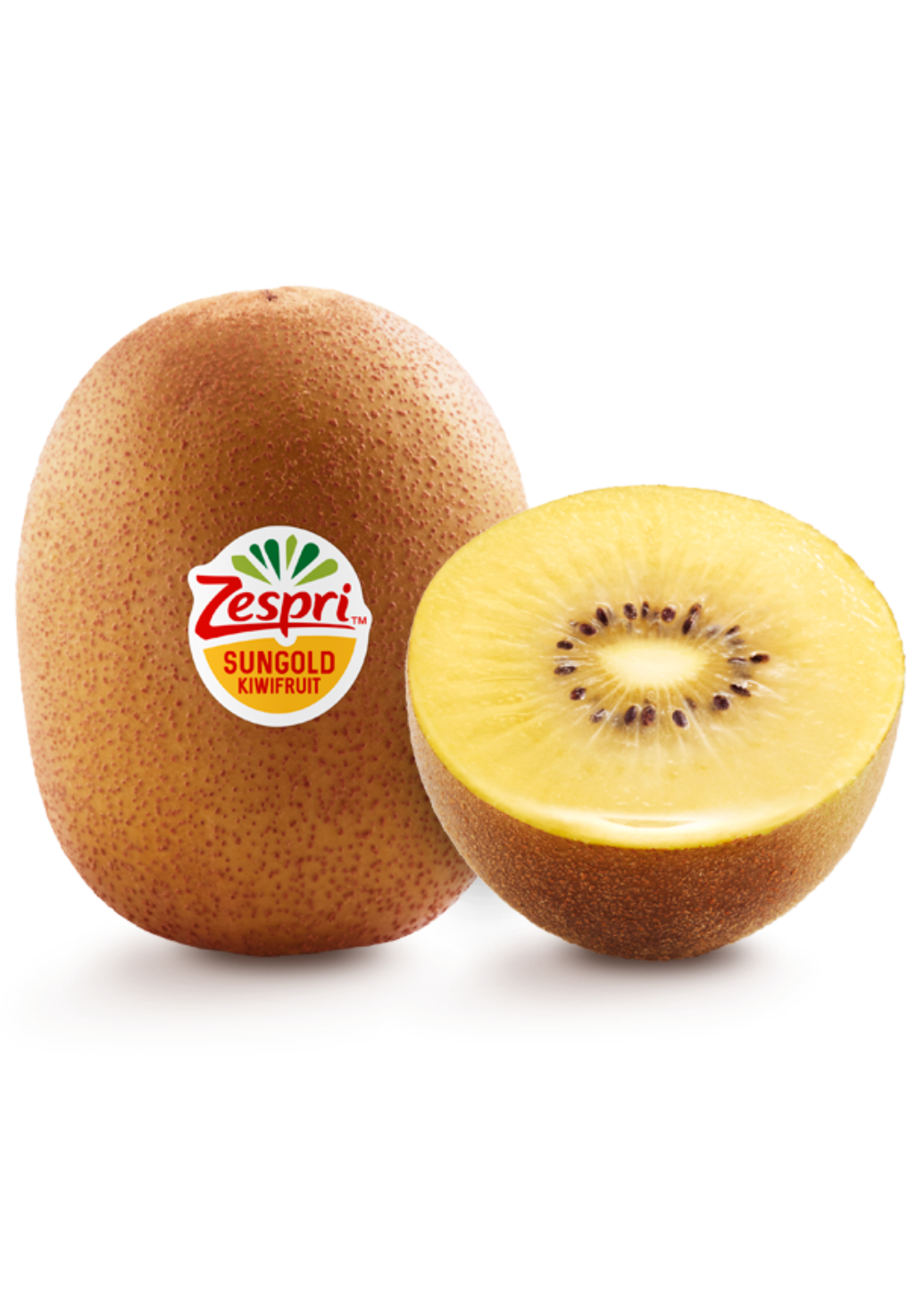
![Lemon [Ozone-Washed]img 2 Lemon [Ozone-Washed]img 2](https://im.pluckk.in/unsafe/1053x0/uploads/new_sku_designs_v3/111111223AL/2.jpg)
![Lemon [Ozone-Washed]img 1 Lemon [Ozone-Washed]img 1](https://im.pluckk.in/unsafe/1053x0/uploads/new_sku_designs_v3/111111223AL/1.jpg)
![Spinach [Palak]img 2 Spinach [Palak]img 2](https://im.pluckk.in/unsafe/1053x0/uploads/new_sku_designs_v3/111011298AL/2.jpg)
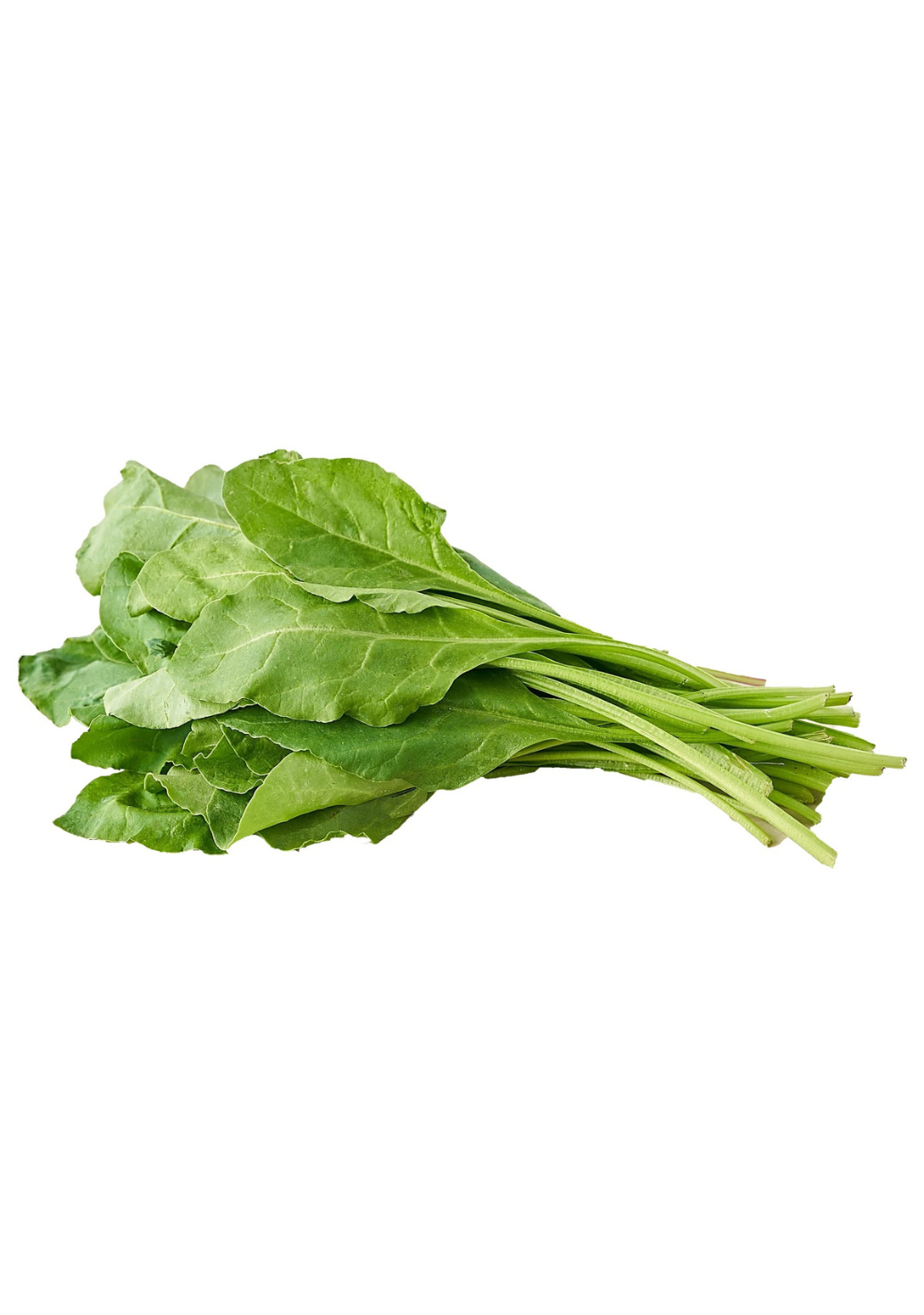

![Spinach [Palak]img 1 Spinach [Palak]img 1](https://im.pluckk.in/unsafe/1053x0/uploads/new_sku_designs_v3/111011298AL/1.jpg)





![Capsicum Green [Ozone-Washed]img 3 Capsicum Green [Ozone-Washed]img 3](https://im.pluckk.in/unsafe/1032x0/uploads/new_sku_designs_v3/121111355AF/3.jpg)
![Capsicum Green [Ozone-Washed]img 1 Capsicum Green [Ozone-Washed]img 1](https://im.pluckk.in/unsafe/1032x0/uploads/new_sku_designs_v3/121111355AF/1.jpg)
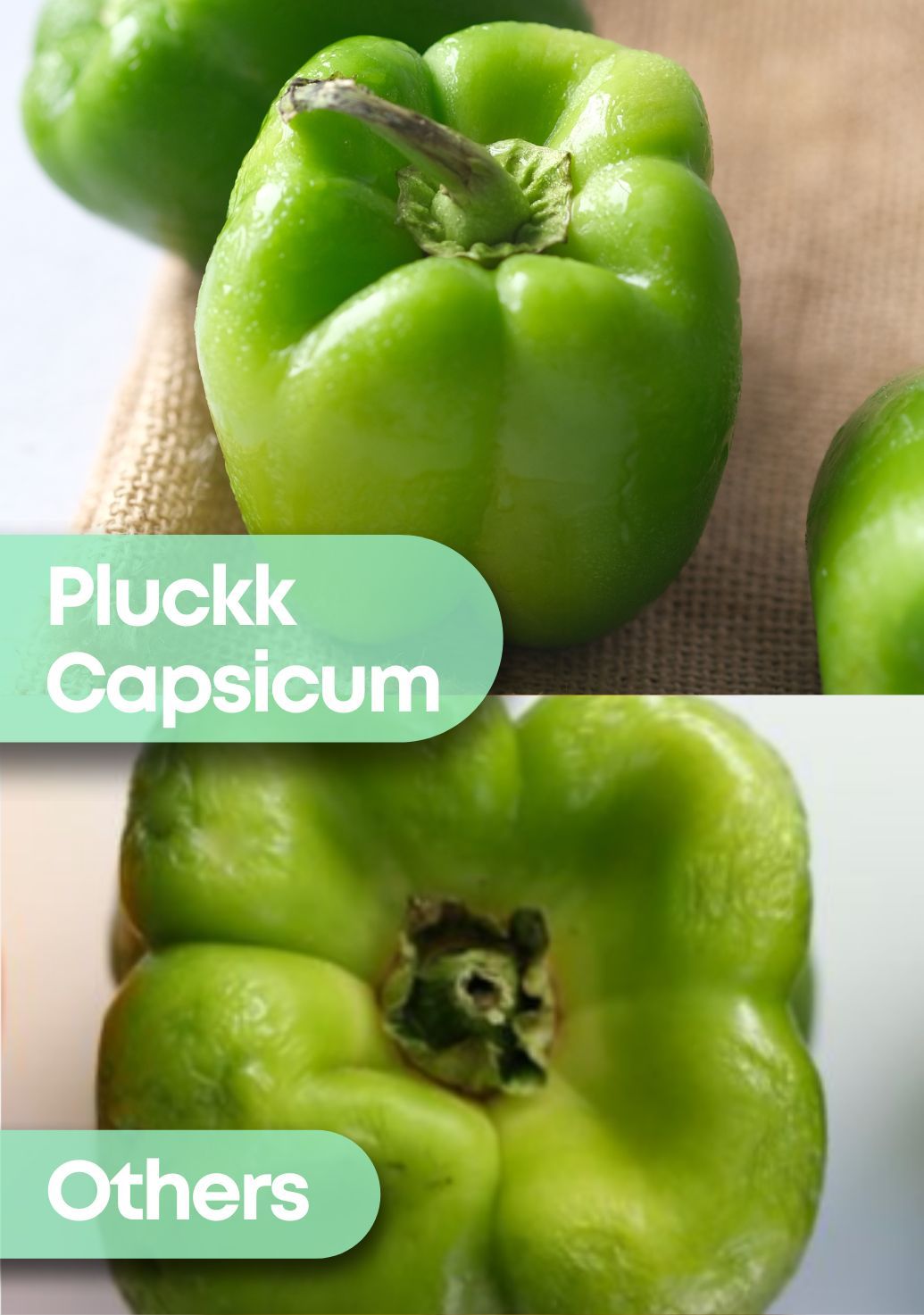
![Capsicum Green [Ozone-Washed]img 2 Capsicum Green [Ozone-Washed]img 2](https://im.pluckk.in/unsafe/1032x0/uploads/new_sku_designs_v3/121111355AF/2.jpg)
![Chopped Red Capsicum [Ozone-Washed]img 3 Chopped Red Capsicum [Ozone-Washed]img 3](https://im.pluckk.in/unsafe/1035x0/uploads/new_sku_designs_v3/151111161AC/3.jpg)
![Chopped Red Capsicum [Ozone-Washed]img 1 Chopped Red Capsicum [Ozone-Washed]img 1](https://im.pluckk.in/unsafe/1032x0/uploads/new_sku_designs_v3/151111161AC/1.jpg)
![Chopped Red Capsicum [Ozone-Washed]img 2 Chopped Red Capsicum [Ozone-Washed]img 2](https://im.pluckk.in/unsafe/1032x0/uploads/new_sku_designs_v3/151111161AC/2.jpg)
![Garlic [Lehsun]img 2 Garlic [Lehsun]img 2](https://im.pluckk.in/unsafe/1032x0/uploads/new_sku_designs_v3/111111199AB/2.jpg)
![Garlic [Lehsun]img 1 Garlic [Lehsun]img 1](https://im.pluckk.in/unsafe/1032x0/uploads/new_sku_designs_v3/111111199AB/1.jpg)


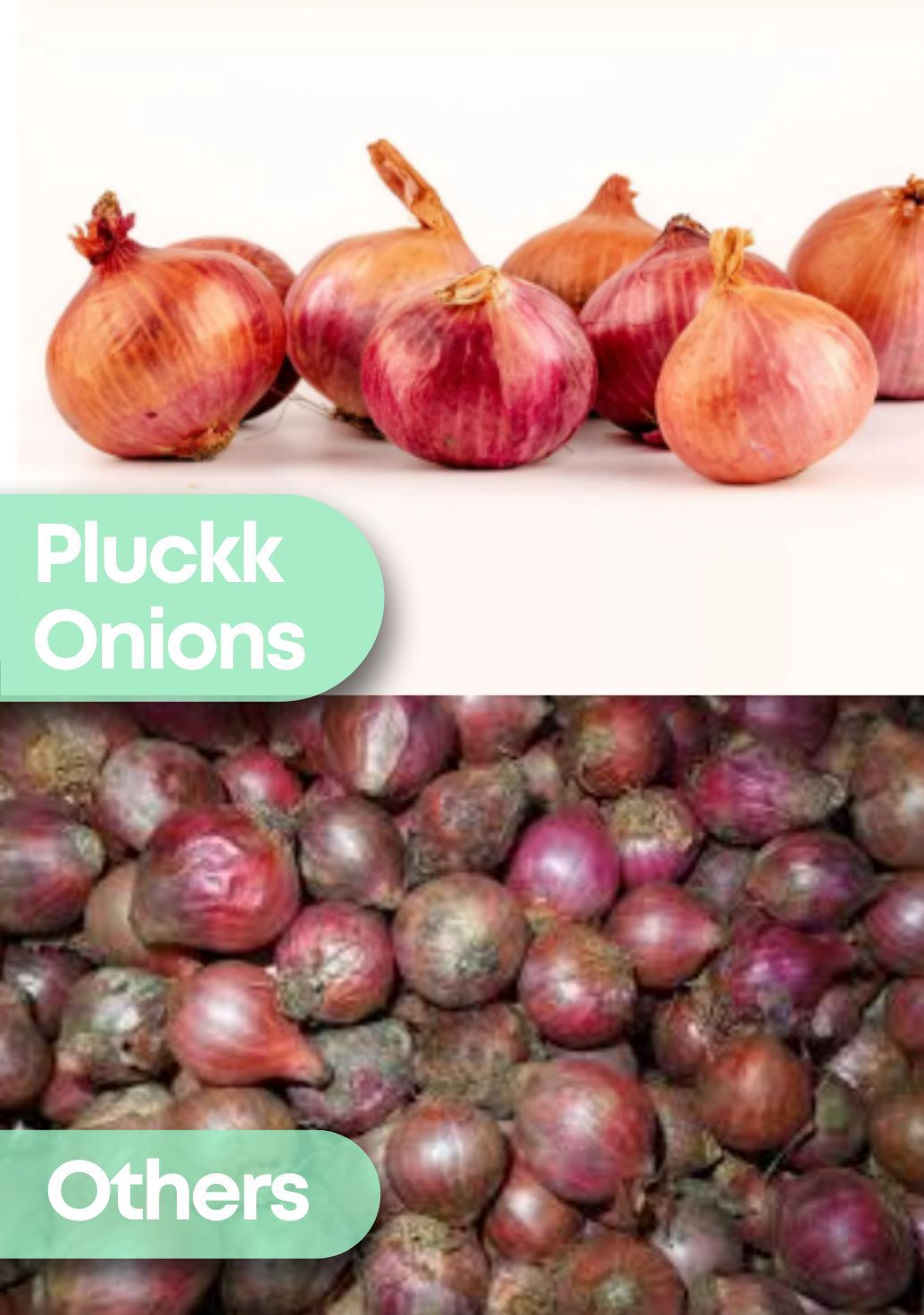
![Carrot Orange [English]img 3 Carrot Orange [English]img 3](https://im.pluckk.in/unsafe/1035x0/uploads/new_sku_designs_v3/111113166AF/3.jpg)
![Carrot Orange [English]img 1 Carrot Orange [English]img 1](https://im.pluckk.in/unsafe/1032x0/uploads/new_sku_designs_v3/111113166AF/1.jpg)
![Carrot Orange [English]img 2 Carrot Orange [English]img 2](https://im.pluckk.in/unsafe/1032x0/uploads/new_sku_designs_v3/111113166AF/2.jpg)



